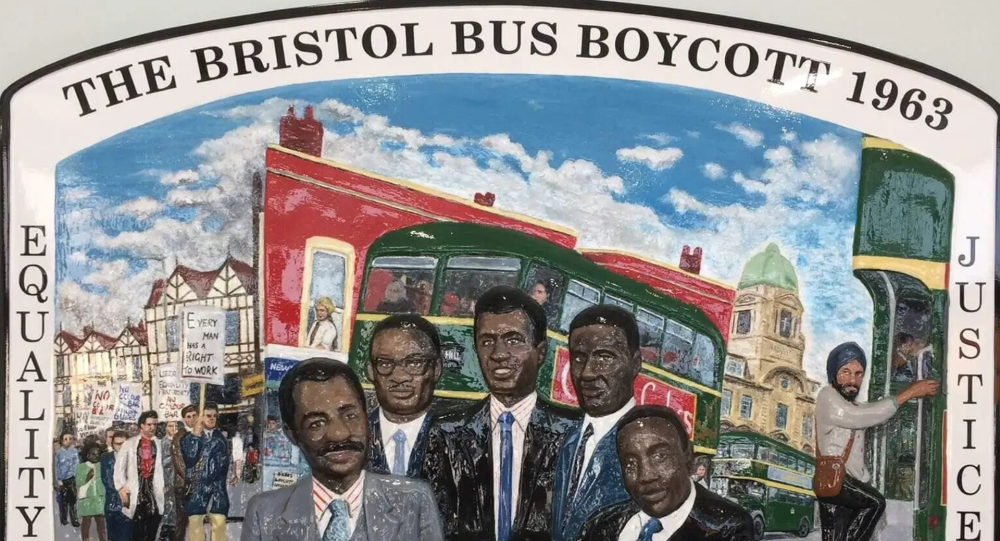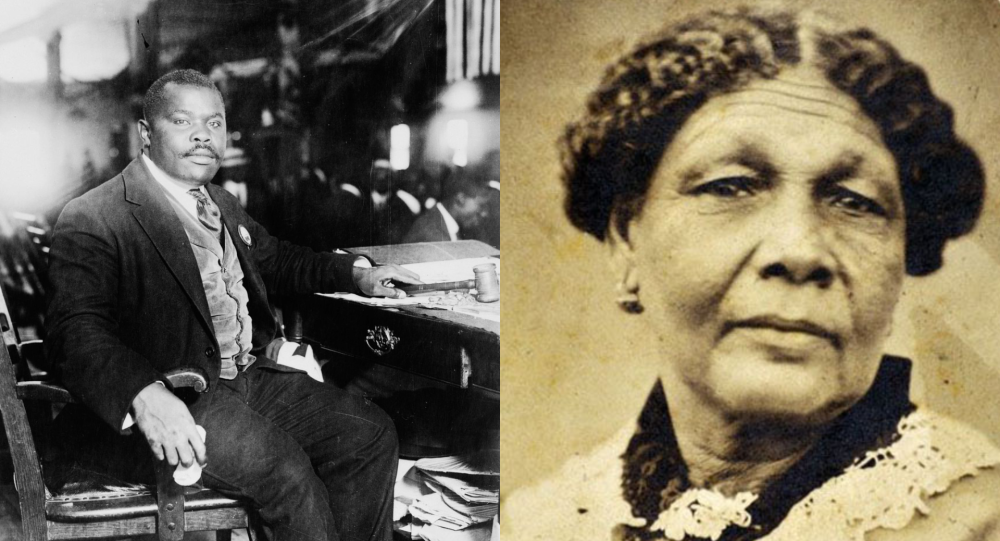Reclaiming the concept of ‘Black History’ and redirecting the narrative


LLB student Halima Fahm addresses this year's Black History Month theme of 'reclaiming narratives' and argues for a more balanced, affirmative narrative of Black History in Western education.
When we commemorate Black History, much of its facets go unrecognised, particularly in Western education. The history is oversimplified, focusing on figures like Rosa Parks, and Martin Luther King, reducing Black History to a story of struggle in America. This narrow retelling is a modern issue that is twofold: it has cultural bias and a pervasive focus on despondency. This problem can be better understood through the structuralist theories of Michel Foucault and Wendy Brown.
Black British history is often overlooked
First, the narrative overlooks significant figures in Black British history. Foucault argued that history is often shaped by power, with dominant narratives overshadowing others. In his seminal work Discipline and Punish, Foucault observes that ‘history is the discourse of power, and what counts as history is often written by those who have power to do so.’
The version of Black History taught through Western education neglects the experiences of Black Britons like Olaudah Equiano, Mary Seacole, and Harold Moody. ‘Children in Britain have heard of the Montgomery, Alabama, bus boycott but not the Bristol bus boycott.’ As David Olusoga, author of Black & British, recognises, ‘We are obsessed with American history at the expense of our own.’ (The Guardian, 2020).
As David Olusoga recognises, ‘We are obsessed with American history at the expense of our own.’
Such a one-dimensional perspective serves as an instrument of control, which, as Foucault and other structuralist critics would suggest, reinforces the interests of the state. The gap in historical knowledge creates a cultural disconnect, fostering biased perceptions towards UK Black movements, as seen particularly following the 2020 BLM movement. However, the fascist riots this summer revealed that, in actuality, the UK’s racial dilemma is no different from the US. By propagating incomplete narratives and half-truths, the global fight for racial progress is obstructed.
The curriculum problem and the importance of reframing
The second issue is the persistent framing of Black History in melancholic rather than affirmative terms. Why is modern Afro-Caribbean cultural history, with its moments of celebration and triumph, so often excluded from our curriculum? While we frequently focus on the eras of slavery, Jim Crow, and the Civil Rights struggle, the intellectual contributions of figures like Marcus Garvey are pushed to the margins.
Our education system has failed to provide a balanced perspective. Shockingly, half of Britons cannot name a single Black British historical figure, a consequence not only of cultural disconnect but of a syllabus that often serves covert political interests. Wendy Brown (2023) has noted the proximity of the academic and political spheres. The selective teaching of historical facts—divorced from their origins, intentions, and meanings—limits our critical thinking and understanding of history.
By celebrating overlooked aspects of Black history, we can reshape racial perceptions, moving beyond narratives of struggle to recognise success and cultural richness.
As Max Weber urges, we must ‘distinguish between empirical knowledge and value judgments' (Brown 2023). By celebrating overlooked aspects of Black history, we can reshape racial perceptions, moving beyond narratives of struggle to recognise success and cultural richness. Indeed, the scepticism surrounding the Black experience in the UK is emblematic of a broader issue in Western society.
The issue is not scrutiny itself but the lack of critical engagement with the sources and the discourses we accept as truth. To reclaim our history, we must interrogate the genealogy of the stories we are told and challenge the prevailing pedagogies. Only then can we achieve a fuller and more accurate understanding of Black History.
My recommended BHM reading list
- Black History by English Heritage
- Nihilistic Times: Thinking with Max Weber (2023) by Wendy Brown
- Discipline and Punish: The Birth of the Prison (1977) by Michel Foucault
- ‘Students need to know the harrowing truth’: Teachers on black history in the Curriculum' by Donna Ferguson for The Guardian
- Black and British: A Forgotten History (2017) by David Olusoga
- Why Black British History is Important To Me by Will Poulter for The Black Curriculum
- The "Objectivity" of Knowledge in Social Science and Social Policy (1949) by Max Weber
- The Bristol Bus Boycott of 1963 (2022) by Elizabeth Jones for Black History Month 2024
About the author
Halima Fahm is a third-year LLB Law student at SOAS with an interest in Politics, Sociology, and Philosophy. As an intersectional Nigerian Muslim woman, she enjoys writing theoretical opinion pieces and exploring Political Theory, Critical Theory, and Jurisprudence, particularly in the realm of non-fiction.




